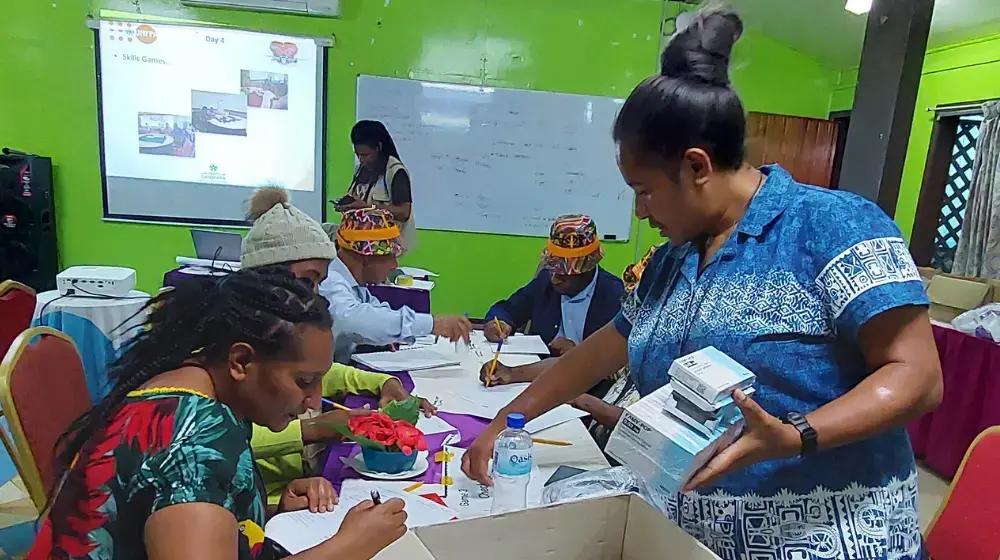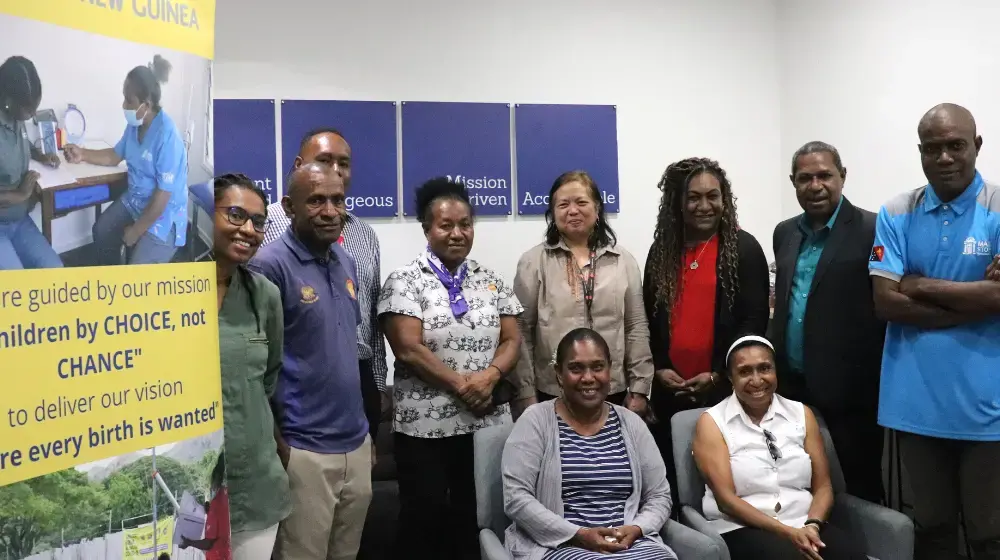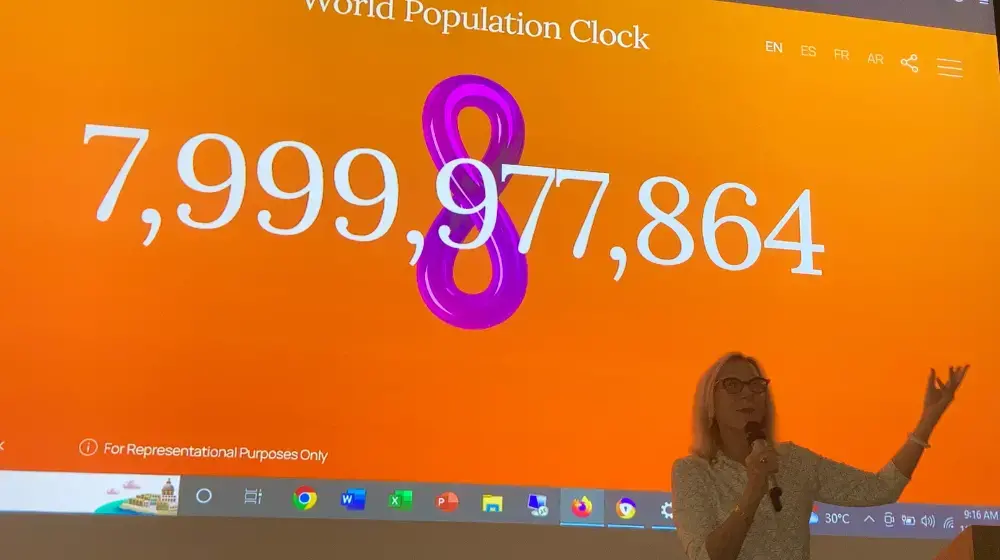The global population will reach 8 billion in November.
This milestone is a moment for celebration. Globally, we have reduced poverty and achieved incredible advancements in health care. Infant and maternal mortality have declined. People are living longer and healthier lives. But these gains are not shared equally.
Within PNG, inequalities in education, health care, and access to justice are made worse by challenging landscapes, discriminatory attitudes and beliefs, and violence. But the global advancements in health care and declines in maternal and infant mortality can be realised here in PNG. PNG holds tremendous potential for reducing inequalities and improving wellbeing.
The 60%: An Untapped Potential
60% of PNG's population is under 24.
This is a great economic opportunity, as these people will become the future working population of PNG. With a large working population, one that is larger than the non-working population, the economy can grow.
Leveraging this opportunity demands investment in young people's health care and education. It demands reducing inequalities that bar marginalised groups from participating in the workforce.
Now is the time for us to make these investments.
Every woman and girl has the right to complete her education, to seek and maintain steady employment, and to have access to quality health care.
The ability to choose when, and with whom, to have children, is essential to these rights.
Seeing the Unseen
UNFPA works to end the unmet need for family planning. This is the focus of the organisation’s State of the World’s Population Report 2022: Seeing the Unseen - launched earlier this year.
Globally, about half of all pregnancies are unintended.
We cannot confuse unintended with unwanted - there are many people not intending to get pregnant who celebrate the news. However, unintended pregnancies can end in miscarriage or abortion, or in maternal or newborn death. Globally, complications related to pregnancy and childbirth are the leading cause of death for girls aged 15-19 years - and 99% of these deaths occur in low- and middle-income countries.
If the unmet need for contraception could be met, 70% of unwanted pregnancies would be prevented.
Access to information about contraception and services is critical to addressing the unmet need for family planning and reducing unintended pregnancy - especially for adolescents and young adults. Too often this information comes too late or is withheld.
But silence is not protecting anyone. It leads to pregnancy and childbirth-related injuries and deaths which are entirely preventable.
As the country moves towards 50 years of Independence, the wellbeing of PNG’s young population must be in focus.
We have to find the courage to challenge social norms that place our young people at risk.
As the world’s population nears 8 billion, Seeing the Unseen is a call to end the silence around family planning and unintended pregnancy. Ending the silence is one step towards reducing inequalities so that all Papua New Guineans can celebrate healthier lives, build stronger families and a stronger nation.





